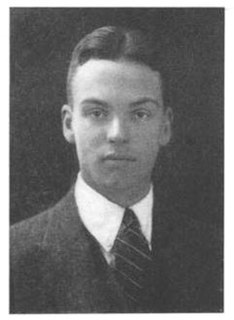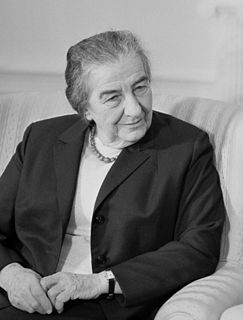A Quote by Erich Fromm
All genuine ideals have one thing in common: they express the desire for something which is not yet accomplished but which is desirable for the purpose of the growth and happiness of the individual.
Related Quotes
Happiness is not something you have in your hands; it's something you carry in your heart. Happiness is one thing that multiplies by division. Happiness is that peculiar sensation you acquire when you are too busy to be miserable. Happiness is that state of consciousness which proceeds from the achievement of one's values.
But the individual was not a tool for something. He was the maker of tools. He was the one who must build. Even for the best purpose it is criminal to turn an individual into simply a means for some ultimate end. A society in which the dignity of the individual is destroyed cannot hope to be a decent society.
Ideals are very often formed in the effort to escape from the hard task of dealing with facts, which is the function of science and art. There is no process by which to reach an ideal. There are no tests by which to verify it. It is therefore impossible to frame a proposition about an ideal which can be proved or disproved. It follows that the use of ideals is to be strictly limited to proper cases, and that the attempt to use ideals in social discussion does not deserve serious consideration.
In history an additional result is commonly produced by human actions beyond that which they aim at and obtain -- that which they immediately recognize and desire. They gratify their own interest; but something further is thereby accomplished, latent in the actions in question, though not present to their consciousness, and not included in their design.




































